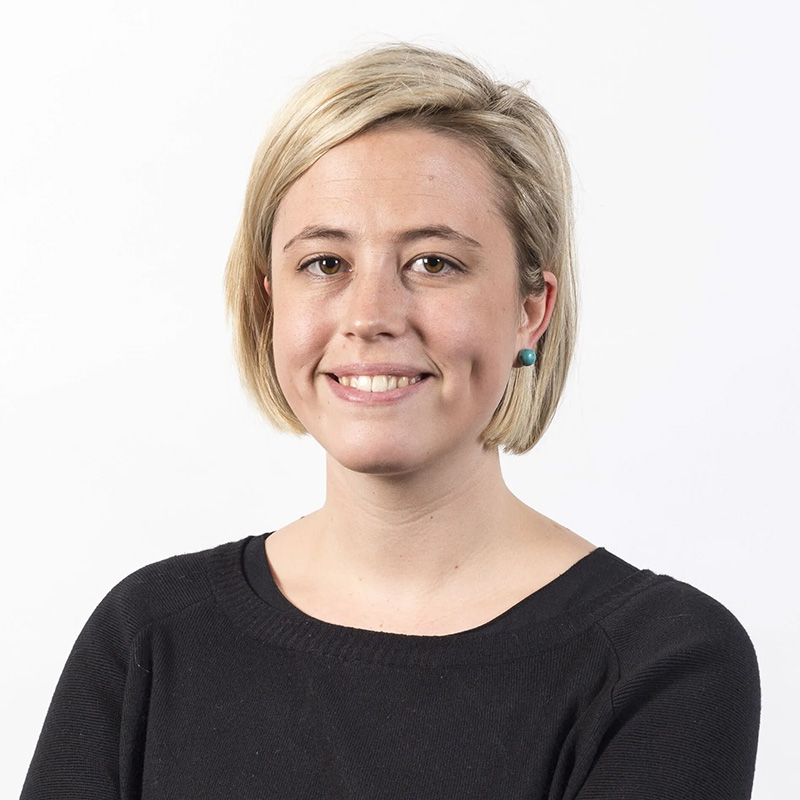Breadcrumb
Interdisciplinary Reproduction & Health Group Science Seminar – Apr. 8, 2025
The goal of the Interdisciplinary Reproduction & Health Group (IRHG) Seminar Series is to highlight transdisciplinary precision research taking place in the reproductive health field, provide opportunities for collaboration among researchers to build their own research efforts and promote clinical/researcher activity across the University of Missouri System and our partners.
The IRHG was organized and established through a faculty-driven, grass roots effort in 2016 to develop an integrative interdisciplinary program that transcends traditional departmental, college and system boundaries to foster excellence in reproduction, health research and education at Mizzou.
View all upcoming Reproductive Health events on the IRHG Seminar Series website.
For questions about this event, please reach out to Wipawee Winuthayanon.
"Investigating the Human Endometrium from Regeneration to Receptivity and Beyond"
 Speaker:
Speaker:
Harriet Fitzgerald, PhD
Postdoctoral Scientist, Endometrial Stem Cell Biology
The Ritchie Centre, Hudson Institute of Medical Research
Clayton, Victoria | Australia
Date: Tuesday, April 8, 2025, 4-5 p.m.
Location: Roy Blunt NextGen Precision Health Building, Atkins Family Seminar Room
In-person and virtual option
- All are welcome!
 View The Recording
View The Recording
About the Speaker
 The lab of Professor Caroline Gargett at the Hudson Institute is a diverse team of scientists in the Endometrial Stem Cell Biology Group. They work on two broad themes of women’s health – pelvic organ prolapse and endometriosis/gynaecological disease.
The lab of Professor Caroline Gargett at the Hudson Institute is a diverse team of scientists in the Endometrial Stem Cell Biology Group. They work on two broad themes of women’s health – pelvic organ prolapse and endometriosis/gynaecological disease.
Pelvic Organ Prolapse is an extremely common condition that results from herniation of pelvic organs into the vagina due to injury experienced during childbirth. Pelvic Organ Prolapse causes difficulty in passing urine, affects bowel motions and can result in sexual problems. Endometriosis is a serious chronic disease, that affects 10% of people who menstruate, where endometrial tissue grows outside the uterus. It causes severe pain and infertility and current treatments are suboptimal.
The Endometrial Stem Cell Biology Group’s discovery and characterisation of endometrial stem/progenitor cells in the highly regenerative lining of the uterus (endometrium) of human, sheep and mice has formed the basis of a wide range of projects in women’s health. Central to these is the investigation of endometrial stem/progenitor cells;
As a potential therapy for pelvic organ prolapse and
Their role in endometriosis/adenomyosis and other gynaecological diseases.
The Endometrial Stem Cell Biology Group’s previous application of endometrial stem/progenitor cell biology has led to the following.